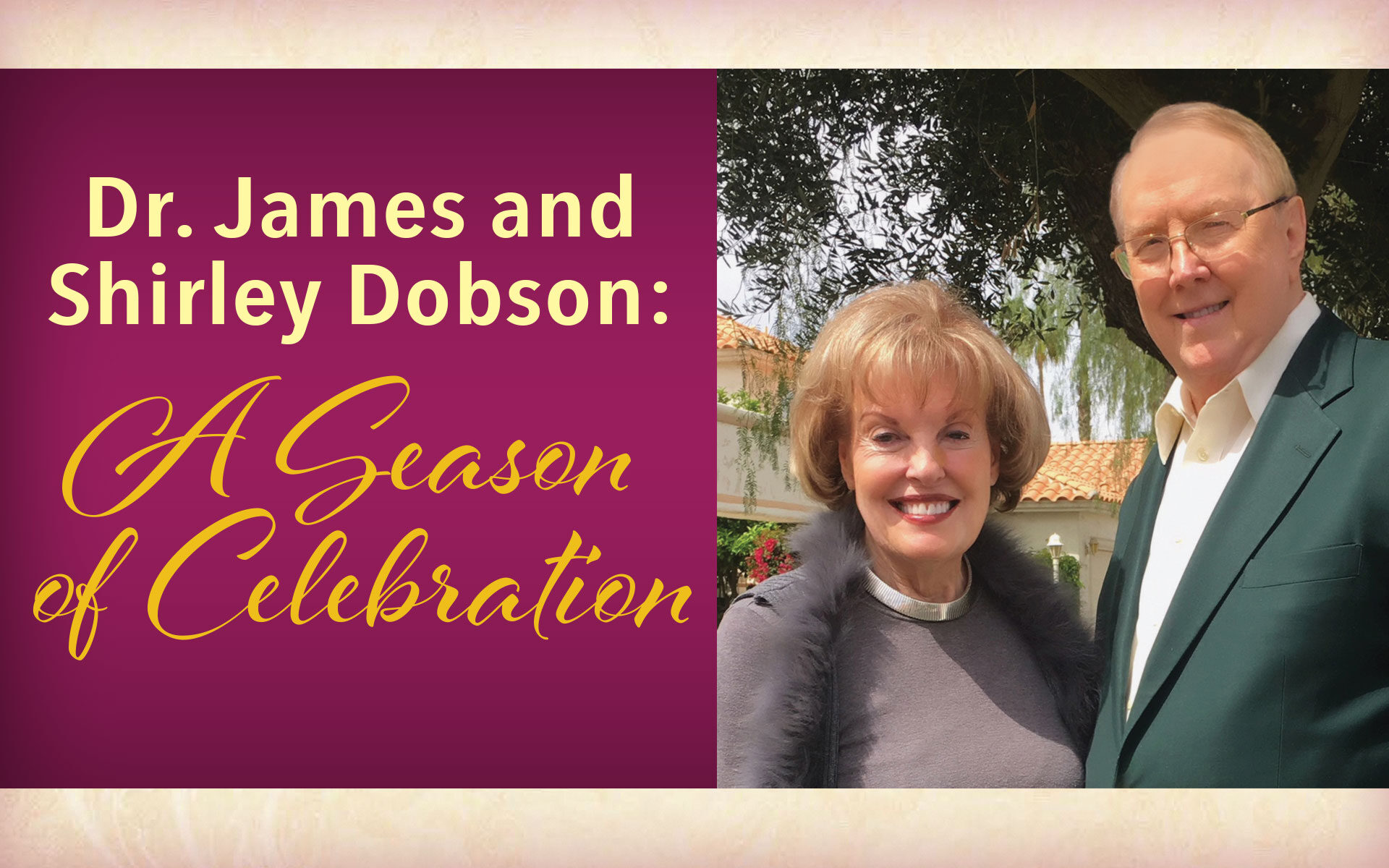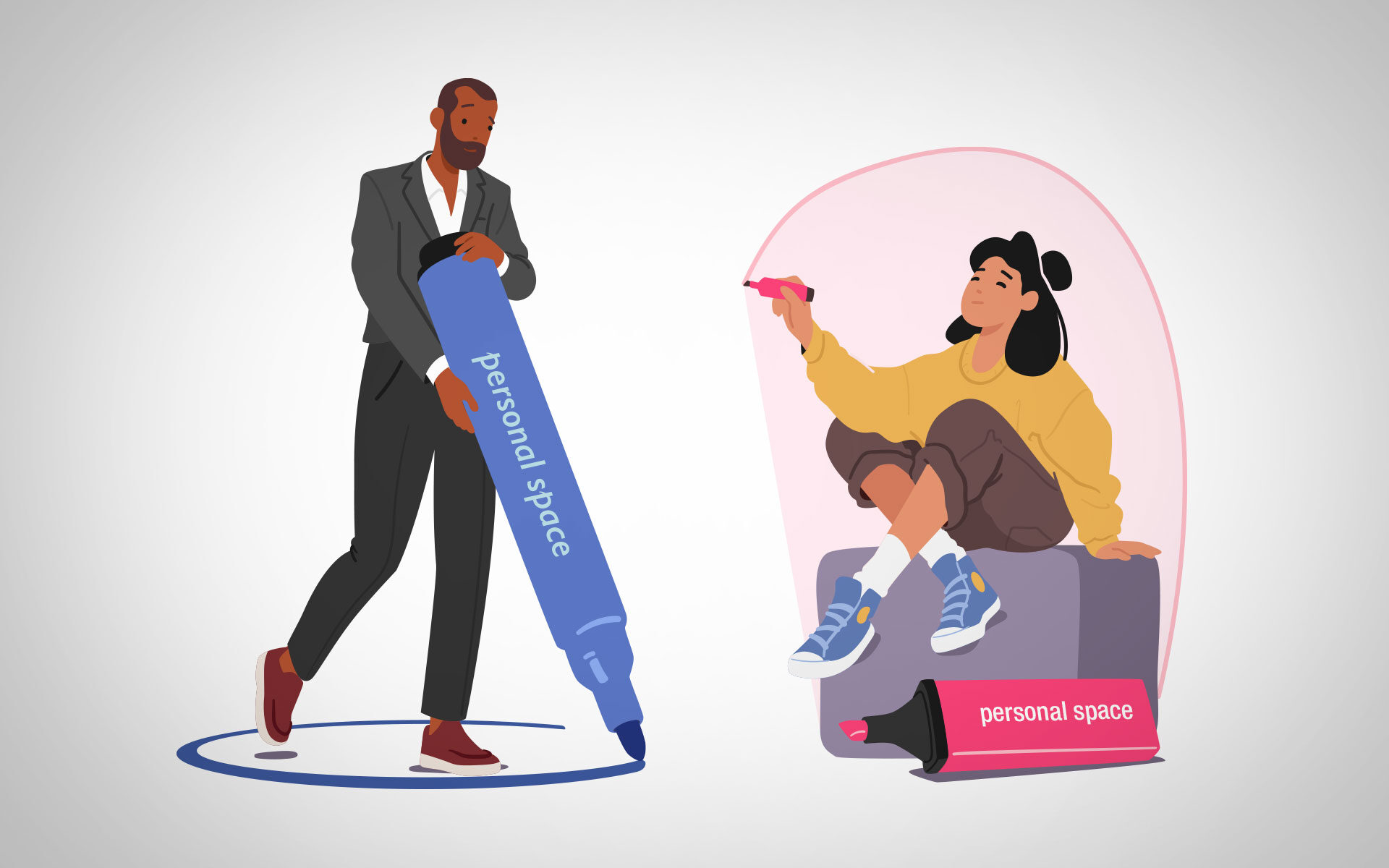Dating can be enjoyable and fun. But sometimes conflicts arise because one or both people in the relationship lack boundaries. Maybe he doesn’t listen when you say “no,” or you are constantly putting him down.
However, when you know your boundaries—and communicate your needs to each other—you’ll be living true to your values. You will have a stronger sense of self, more joy, and better, healthier relationships.
What is a boundary?
Basically, boundaries are guidelines or limits for how you want other people to treat you so you feel protected, safe, and respected.
Dr. Henry Cloud and Dr. John Townsend define the term in their book, Boundaries in Dating,
“A boundary is a property line. Just as a physical fence marks where your yard ends and your neighbor’s begins, a personal boundary distinguishes what is your emotional or personal property, and what belongs to someone else…When another person tries to control you, tries to get too close to you, or asks you to do something you don’t think is right, you should feel some sense of protest. Your boundary has been crossed.”
Why are boundaries important in relationships?
First, boundaries define us. “Boundaries show what we are and are not; what we agree and disagree with; what we love and hate,” said Cloud and Townsend. “When you are clear about your values, preferences, and morals, you solve many problems before they start.”
For instance, a woman may want to let her date know up front that her spiritual life is important to her. That way, those who date her will know if they’re a good match in that area—and prevent conflicts about it later on.
In addition, boundaries serve to protect us. “Boundaries keep good things in, and bad things out,” said Cloud and Townsend. “When we don’t have clear limits, we can expose ourselves to unhealthy and destructive influences and people. Boundaries protect by letting others know what you will and will not tolerate.”
So if your date attempts to go farther physically than you are comfortable with, you can protect yourself—first, by having personal boundaries in place before you meet up, and also, by saying to the other person, “If you continue to pressure me, I’m not going to see you anymore.”
Boundaries are valuable. They allow us to say “no” and not compromise our values, while also saying “yes” to healthy relationships.
Problems with boundaries
The problem is, other people may try to cross your boundaries or disrespect your limits. Here’s an example of the need for boundaries—in nature and in relationships. Otherwise, damage can occur.
Consider how ocean waves ebb and flow; they reach shoreline and retreat. They know where to stop. In fact, God designed it that way. “This far you may come and no farther; here is where your proud waves halt” (Job 38:11).
The coastline, then, is a boundary.
Unfortunately, storms cross boundaries. A hurricane’s gale force winds and enormous waves can cause devastation to coastal communities. A boundary is crossed and soon a place of beauty becomes become a place of destruction.
In relationships, we need emotional and physical boundaries. Yet, some people are like those large waves; they attempt to crash your personal boundaries with harmful words or actions. Like destructive tidal waves, they wreak havoc in the lives of everyone in their path.
That’s why it’s important to have boundaries and limits in your dating life—and to communicate them.
When boundaries are not communicated or not heeded, the relationship suffers. So does your sense of self. In Boundaries in Dating, we learn that the lack of boundaries can cause problems, such as:
- Loss of freedom to be yourself
- Being with the wrong person
- Dating from your inner hurt, rather than your values
- Not dating, to avoid hurt and risk
- Doing too much for the other person
- Control issues
- Not taking responsibility to say “no”
- Inappropriate physical limits.
What to do
Here are some ideas to consider as you communicate your boundaries to others:
- Know your non-negotiables: What are your values, needs, and limits? What can you live with? What can’t you live without? What does God expect from you, based on the principles in His Word, the Bible?
- Communicate: Share your boundaries with your partner with clear and specific expectations.
- Be consistent to enforce your boundaries. Once you’ve clearly defined what is or is not acceptable, and the consequences, you will need to take action.
- Be respectful. Consider your date’s feelings and needs too. Encourage him or her to share concerns. In a healthy relationship, you should be able to talk to each other with mutual respect and trust.
However, if the other person pressures you, disrespects your boundaries, or tries to control you, you may want to rethink your relationship.
Here’s an example of how to communicate your boundaries:
Lauren and Luke have been dating for two months. Lauren has a very stressful job and values her time alone. She has communicated to Luke that she needs an hour to herself after work to unwind.
But he constantly calls and texts her during this time, asking where she is and what she’s doing.
Lauren repeatedly asks for space, but Luke keeps disregarding her boundaries.
So she starts to feel resentful and a bit suffocated. She also feels like he is guilt-tripping her because he says, “I miss you so much,” or, “I’m worried about you” when Lauren simply wants an hour to relax after work.
In essence, Luke is discounting her needs. So, what can Lauren do?
She can restate her boundaries clearly and say, “Luke, I understand you miss me, but I need my alone time to recharge. Please respect my boundaries.”
She can set consequences and let him know that if he continues to call or text during her after-work alone time, that she will need to take a break from the relationship.
She can use “I” statements to communicate how she feels. For instance, “I feel overwhelmed when you constantly contact me right after work when I’m exhausted. I really need that one hour for myself. I would appreciate it if we could talk later in the evening.”
The best outcome would be that Luke would listen, understand, and respect her need. But, if the couple talks about the issue, and he continues to constantly disregard her boundaries, she is free to decide if she wants to continue the dating relationship or not.
Of course, setting and keeping boundaries is an ongoing process. Be patient. Speak the truth in love. And, don’t be afraid to be assertive. Your heart and your body are valuable, and they need to be protected with loving limits.
In essence, good boundaries help you to please the Lord, live out your values, love and respect yourself—and your date. In doing so, you will have infinitely better relationships.












